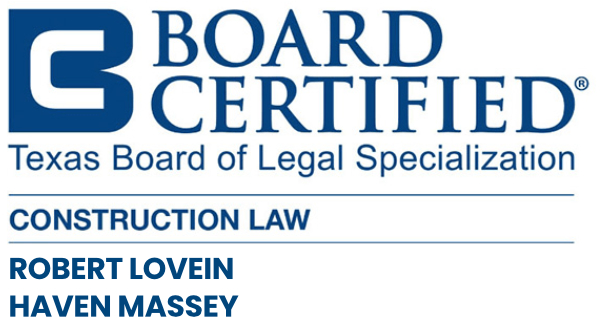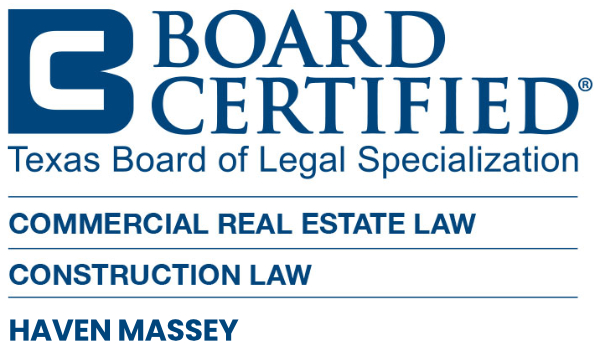The corporate attorneys at Lovein Ribman are equipped to handle every obstacle or need you may face as a business owner, including without limitation, forming a new entity, merging with an existing entity, purchasing a new entity, taking care of all corporate governance issues, bringing in new owners, raising capital, and properly winding up the entity. We perform these services for all sizes of clients from small solo business owners all the way to publicly traded entities. If your company is looking to dissolve or windup a business, please submit the Contact Form or call us at (888) 368-2483 for a free, no-obligation consultation. Below is a brief discussion of the dissolution and winding up process.
Contrary to popular belief, you cannot just close the doors to your business and be done with an entity. There are certain affirmative steps required by law in order to terminate an entity. This is not a decision that should be taken lightly or made without consulting with an attorney. There are advantages to not terminating a defunct entity so that it can continue to serve as a liability barrier. An entity can only terminate upon the occurrence of two events: (1) when the owners, members or governing authority of the entity have determined that the entity should terminate, or (2) there is an occurrence of an event requiring the winding up or termination of the entity. Section 11.051 of the Business Organizations Code lists the events that require the winding up of a domestic entity, which include any of the following:
- Approval of a voluntary decision to wind up the entity.
- The expiration of the entity’s period of duration as specified in its Certificate of Formation.
- The occurrence of an event specified in the governing documents requiring winding up.
- The occurrence of an event specified by Chapter 11 of the Business Organization Code requiring winding up (there are several specific to each type of entity).
- A Court order requiring winding up.
Once one of the foregoing circumstances occurs, the entity is bound by Chapter 11 of the Texas Business Organizations Code (BOC) to accomplish the following:
- Send a written notice of the winding up to each known claimant.
- Collect and sell company property to the extent the property is not to be distributed in kind to the owners.
- Apply and distribute company property to discharge the company’s liabilities and obligations, or make adequate provision for the discharge of the liabilities and obligations.
- Distribute any remaining company property to the owners according to their respective rights and interests.
You read that right, the owners of an entity are obligated by the Texas Business and Organizations Code to discharge its liabilities to the extent it has the assets to do so, including taxes and creditors. Only then may the entity distribute remaining assets to owners. That is normally not an issue as an entity normally terminates because it does not have assets and if it does, they are normally tied up in a bankruptcy.
Once these steps have been completed, the next step is the entity must obtain tax clearance from the Texas Comptroller of Public Accounts (Form #05-305) before filing a Certificate of Termination, which will show that all necessary taxes have been paid and the entity is in good standing for the purpose of termination. To obtain the required certificate, you must file Form 05-359 (Request for Certificate of Account Status) with the Comptroller of Public Accounts. You can find the request form, along with other relevant information, on the comptroller’s website (https://comptroller.texas.gov/). It will take a few weeks for the comptroller to process your request. Once received, you will need to include the tax clearance when you file the Certificate of Termination.
The Certificate of Termination requires the following information:
- The legal name of the entity, entity type, date of formation, and file number assigned by the secretary of state.
- The name and address of each of the entity’s governing persons. If the governing person is an organization, set forth its legal name. An address is required for each governing person.
- The nature of the event requiring winding up of the entity. Sections 11.051 of the Business Organizations Code provides that winding up of a domestic entity is required on the approval of a voluntary decision to wind up the entity (option A), the expiration of the entity.
- A statement that the entity has complied with the provisions of the BOC governing its winding up. Please review the winding up procedures in subchapter B of chapter 11 of the BOC and any supplemental winding up procedures that may apply to the entity.
- Signature by one of the governing persons.
- Tax Clearance from the Comptroller’s office.















